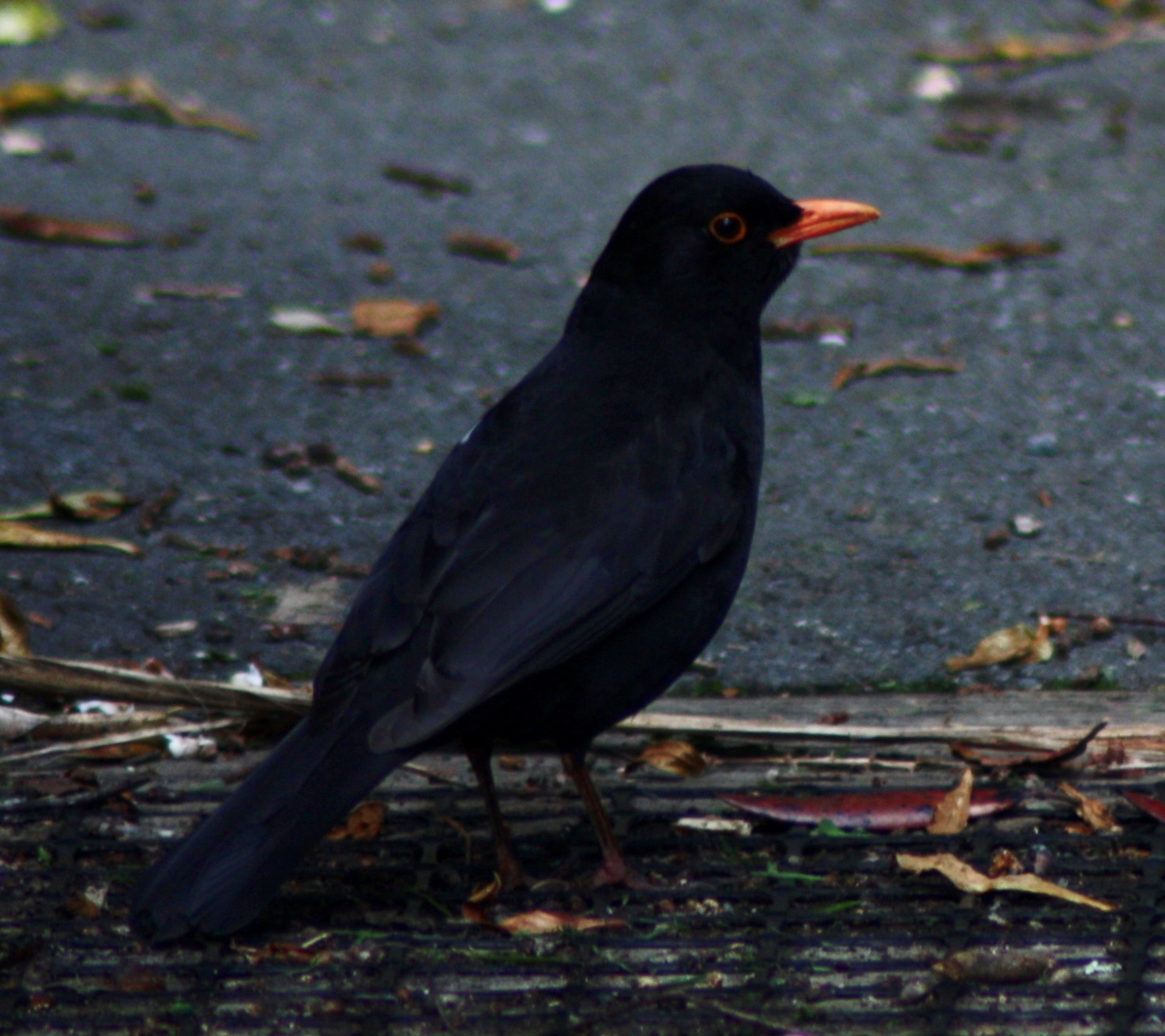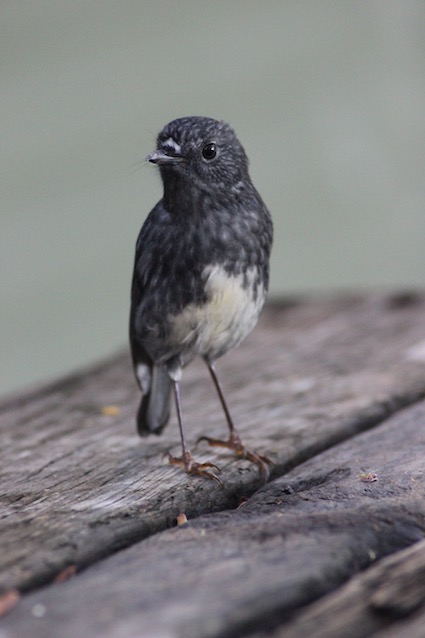
Why and How Birds Sing
Watch Film
To watch a short film about Why and How Birds Sing, click here.

Imagine you are a bird...... you might be able to fly or you might not!
Your first priority is safety – don’t get eaten by a predator! How do you keep your family safe if you see a kārearea (falcon, a bird of prey)?
Second, find food and defend source of food. How do you let other birds know that this is your territory?
Third, find a partner so that you can reproduce and pass on your genes. One of the ways to do this is to sing a beautiful song over and over again. If you are spending a lot of time singing, then this shows how healthy and genetically fit you are. Also, by singing, you are letting a potential partner know where you are.
What about baby birds? How can they let their parents know that they're hungry?
As humans, listening to manu helps us find out who is out there. How else could we do that? Will you see as many birds as you hear? How about smell?

The Different Songs of Tūī
Tūī in Pōneke have different songs, or dialects, than tūī in other places.
Can you find a video of Woof Woof the tūī talking?
Listen to the recordings below. Check out the pictures or spectrograms of the tūī song.
Do the tūī where you live sound different?
Pōneke tūī
Foxton Beach tūī
Collingwood tūī
Te Reo names for our manu
Māori would often name the bird from the sound it made. For example: tīeke/saddleback. Find out how the Te Reo names of these manu match the sounds they make: tīeke, kākā, hōkioi/Haast’s eagle, kea, ruru (morepork), kiwi, tūī, riroriro (grey warbler), whio (blue duck). Are there others? Use New Zealand Birds Online and Te Ara websites to help you out. Other Te Reo names are about the behaviours of the birds or their appearance. Find out about the hihi, tūī and titipounamu/rifleman, pāpango (scaup). Are there others? Find out how bird calls were used in the Maramataka, the Māori calendar.
Manu song or alarm call
What is the alarm call for?
If you were a bird, wouldn’t it be safer to stay quiet?
In this activity, listen to the recordings of bird calls. Guess which one is the song to attract a mate and which one is an alarm call (DANGER!). How can you tell the difference? The recordings are labelled A or B. Choose A or B. See the next page for answers.
Blackbird

A
B
Tūī

A
B
Toutouwai

A
B
Answers
Blackbird:
A: song
B: alarm
Tūī
A: alarm
B: song
Toutouwai
A: alarm
B: song


